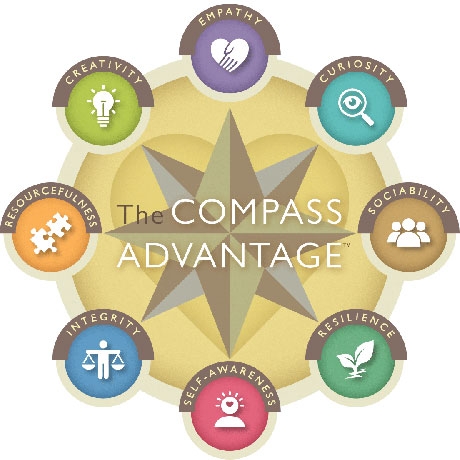|
A student at Milpitas Unified spends around 30 to 150 minutes a day (depending on grade level, instructional objectives, and other learning/personal factors) with a screen. Here is one person's perspective based on evidence.
----- "When I was a kid, my parents had strict television rules: no more than an hour a day, and the content must be educational. This meant a lot of PBS. I did briefly convince my mother that the secret-agent show “MacGyver” was about science, but that boondoggle ended when she watched an episode with me. These restrictions seemed severe at the time, but my parents were just following the orders of the American Academy of Pediatrics (AAP): Children and teens should have no more than..." Read on @ FiveThirtyEight
0 Comments
"Teachers who transform lives understand not only how to teach curriculum, but also how children develop into capable, caring, and engaged adults. They see beyond quantitative measurements of success to the core abilities that help students live healthy, productive lives.
Famous educator Maria Montessori wisely remarked, "The greatest sign of success for a teacher. . . is to be able to say, 'The children are now working as if I did not exist.'" The world has changed dramatically since the early 1900s when Montessori made her mark in education. Yet the same goal remains: scaffolding children toward self-sufficiency. How does this occur today, particularly when test results often seem more important than the development of a child ready to tackle career-life challenges?" Read more on Edutopia |
Shared ThoughtsTogether, as learners in the education space, we would like to share a selection of what we read and reflect on internally. Categories
All
Archives
January 2016
|
Milpitas Unified School District
|
|



 RSS Feed
RSS Feed
